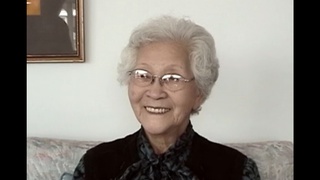Interviews
Japanese immigration with an Okinawan face (Spanish)
(Spanish) Japanese immigration to Peru was symbolically Japanese, but humanly Okinawan. Meaning, the Japanese symbolism of the emperor came from the Meiji State, from the state of Showa… the cults and the image of Japan as an exotic country… the reverence, the silence, a biotype. But in the daily life of human beings, the Okinawan arrived. What arrived to Peru wasn’t Japanese but Okinawa in everyday life. And that is shown by the number of human beings and by the number of habits that came to Peru. I am convinced that when they voted for Fujimori in the 90’s, they didn’t vote… They voted for the Japanese, in a symbolic way of speaking. However, humanly speaking, they voted for an Okinawan. The Okinawan is the good-natured person, the friend. The Okinawan was the woman that worked at the shops. Men too, gave credits, guaranteed, loans. Why? Because as a culture, the Okinawan are very, very expressive people: very expressive. So expressive, that they can’t handle them and they end up fighting with the other person because they can’t hide their emotions. They don’t have that handle of silence that the Japanese culture has. Okinawan people are very funny. They cry, shout, dance… everything ends in a dance, in friendships. And that is not Japanese, no way. Even here to make business between Japanese in the Japanese community is different to do businesses with a Japanese descendant than an Okinawan descendant.
Date: February 26, 2008
Location: Lima, Peru
Interviewer: Harumi Nako
Contributed by: Asociación Peruano Japonesa (APJ)








